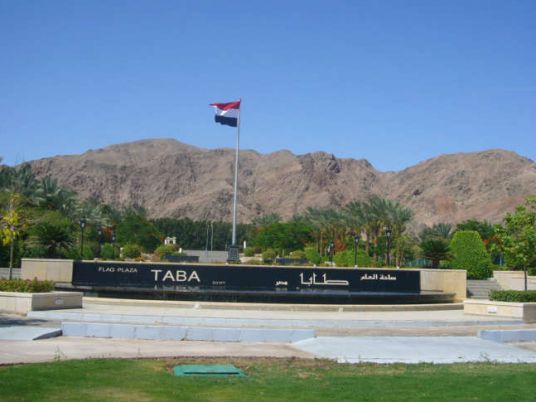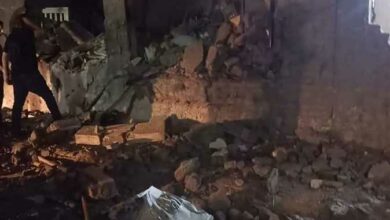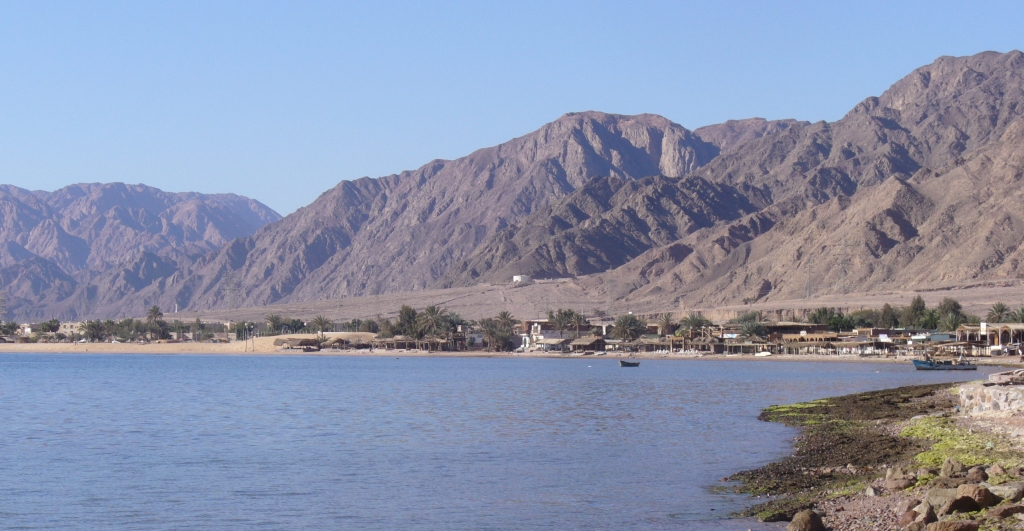Over the past few decades, summer programs in Arabic have multiplied in number to address the increasing demand to learn the language. Each summer drives a growing population of Western individuals looking to develop their language skills to one of the main Arabic studies hubs of the region. Cairo, along with Damascus and Beirut, is a common destination for these enthusiasts.
But why does an Arabic-intensive summer program need to be conducted in one of these urban, polluted and aggressive cities, when you could spend your summer relaxing on a beach? The Magana Arabic Summer Camp in South Sinai answers this rhetorical question, a summer camp that ditches the busy and noisy streets of Cairo for the calm beaches of the Gulf of Aqaba as an environment for your summer Arabic classes.
“I was being stressed out by noise, pollution and crowds in Cairo,” recalls Astrid Quast, the German co-founder of the initiative. At the time, she had been living in Egypt for two years and had followed several Arabic programs.
“After staying a whole year in Sinai, I realized that there were no Arabic courses around. My good friend Maria and I then thought that it would be interesting to combine the beauty of Sinai, Bedouin culture and Arabic studies.”
On the program, you will be welcomed into the Bedouin village of Magana, one of the oldest on the Sinai's east coast, for a period of either two or four weeks. The daily three-hour intensive Arabic lessons, which can be in either Egyptian Colloquial Arabic or Modern Standard Arabic, are held in an open-air classroom overlooking the sea, with an experienced instructor fluent in both English and Arabic. Different groups are set up according to demand, and run from the introductory to advanced level.
“We never take more than six students in one group to study as intensively and individually as possible,” Astrid insists.
Teaching methods emphasize interactivity. “It was very helpful for the Egyptian dialect classes we took,” says Bianca, who joined the camp in 2009.
Students are also provided with learning materials, including CDs. The welcoming Bedouin community motivates the students to directly confront the language. In case you are not a social person, organizers have included in the program weekly musical gatherings, craft demonstrations with Bedouin women, and encounters with children that are aimed to foster further interactions.
Situated right in between Nuweiba and the border checkpoint at Taba, the village’s bay offers a breathtaking landscape and an inspiring natural surrounding. Beach lovers will find themselves at ease in this stunning environment. Every day begins with a fascinating sunrise over the adjacent Saudi Arabian coast and ends with a surrealistic red twilight over the Sinai mountains. “Sometimes our group did some Yoga at sunset,” Bianca recalls.
Needless to say, the bay is also an great place for divers, whether they are certified scuba divers or amateur snorkelers. The former will follow the camp’s professional instructor from the newly opened diving school. For the latter, the camp will lend free snorkeling equipment at any time so that they can enjoy the lovely reef, which sleeps in the waters encircling the camp.
A mix of a Bedouin and neo-hippie atmosphere animates the camp. The standard of the shelters are reduced to the simplest bamboo huts where “natural breezes from the sea” replace freezing air conditioning, as stated in the camp’s brochure. Although an electric generator runs at night, candles and moonlight commonly replace electric lighting and its mosquito-attracting effect.
In short, the camp is an immersion into a “modern version of an ancient way of life,” according to its organizers. Only the newly renovated shower and toilets will remind visitors of the Western standards they are accustomed to enjoying. For web addicts – the ones who feel lost without a daily connection to their Facebook or email accounts – the owner of the camp can organize transportation to Nuweiba, where they will find a decent internet café.
According to Bianca, the camp is generally joyful. “Don’t expect a lot of partying,” she warns, “but lots of nice evenings with interesting conversations.”
Groups usually have dinner together and hang out at night. Campfires conducted by the soft traditional oud melodies or carried by Bedouin stories are a daily classic at the camp. The climate clashes both with the intense clubbing holidays in Sharm el-Sheikh and the overwhelming urban chaos in the Egyptian capital.
Those who stay at least three weeks at the camp will have the opportunity to further embrace the Bedouin culture by going off-road on a 4×4 vehicle or camelback. On the trip, they will stay overnight in the desert after a full day of exploration. Filled with Bedouin food that has been freshly prepared by their guides, they will spend the whole night practicing their newly learned vocabulary around the fire or simply staring at the countless stars that cover their heads.
Former students seem delighted by the experience. “One student is even coming this year for the third time,” glows Astrid.
Among the rare drawbacks that have been reported is the variance in skill level within the groups.
“This is not the organizer's fault, but I think it is sometimes difficult when people have to judge their language level by themselves,” says Bianca. Levels are determined based on the students’ self-evaluation before the camp, an inconvenience that is usually fixed within the first week of the program, when new groups can be created.
Offering a picturesque environment away from the frantic pace of Cairo, in order to focus more intensely on learning Arabic, is the gamble of Magana’s summer program.
“I believe the camp’s advantages lie in individual teaching methods and a relaxing atmosphere far away from Cairo,” says Astrid. And the formula seems to be attracting an increasing number of students.
“So far, we only open the program once a year in the summer, but people keep on asking me throughout the year for other sessions. We hope we will be soon able to answer the demand,” says Astrid.
Upcoming sessions start on 1 and 15 August. For further information, you can visit Magana's website.



